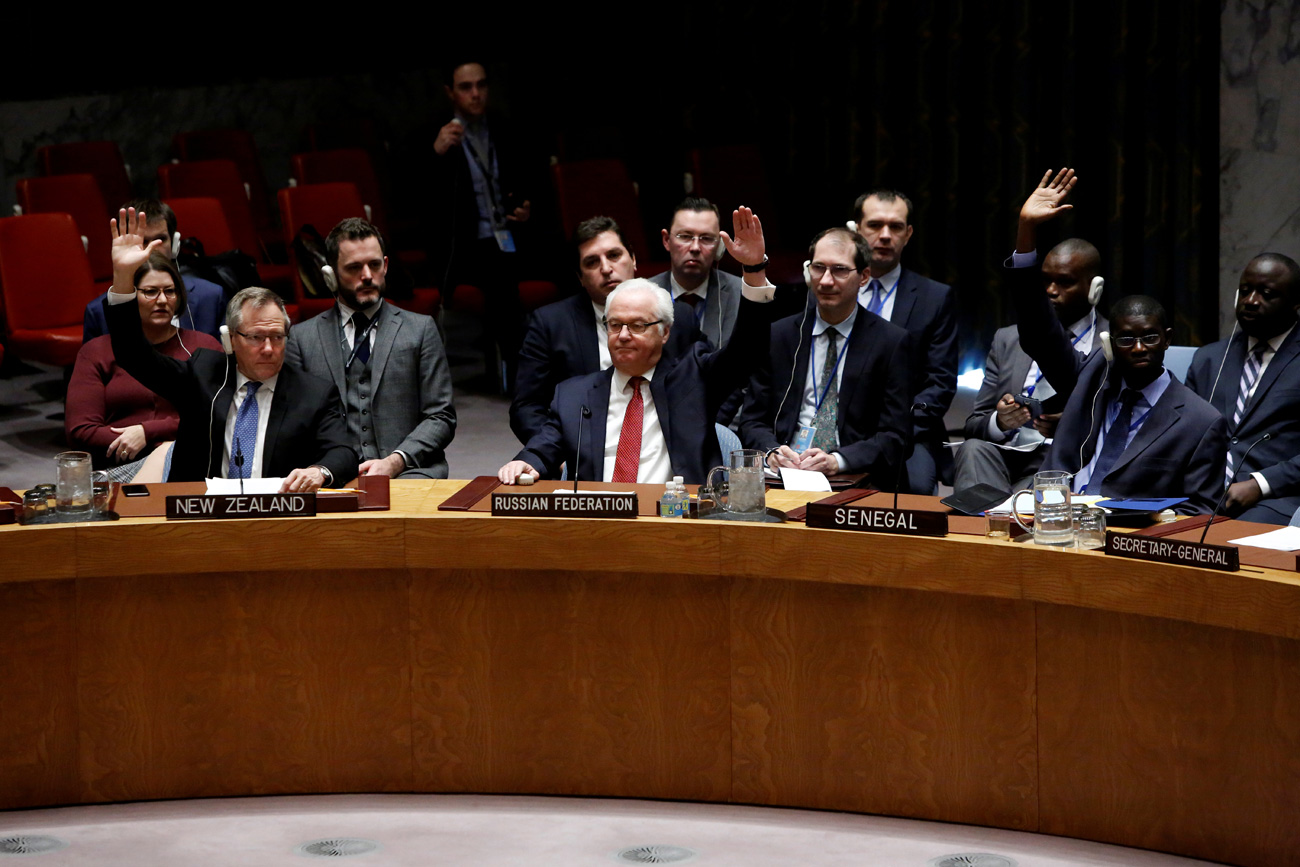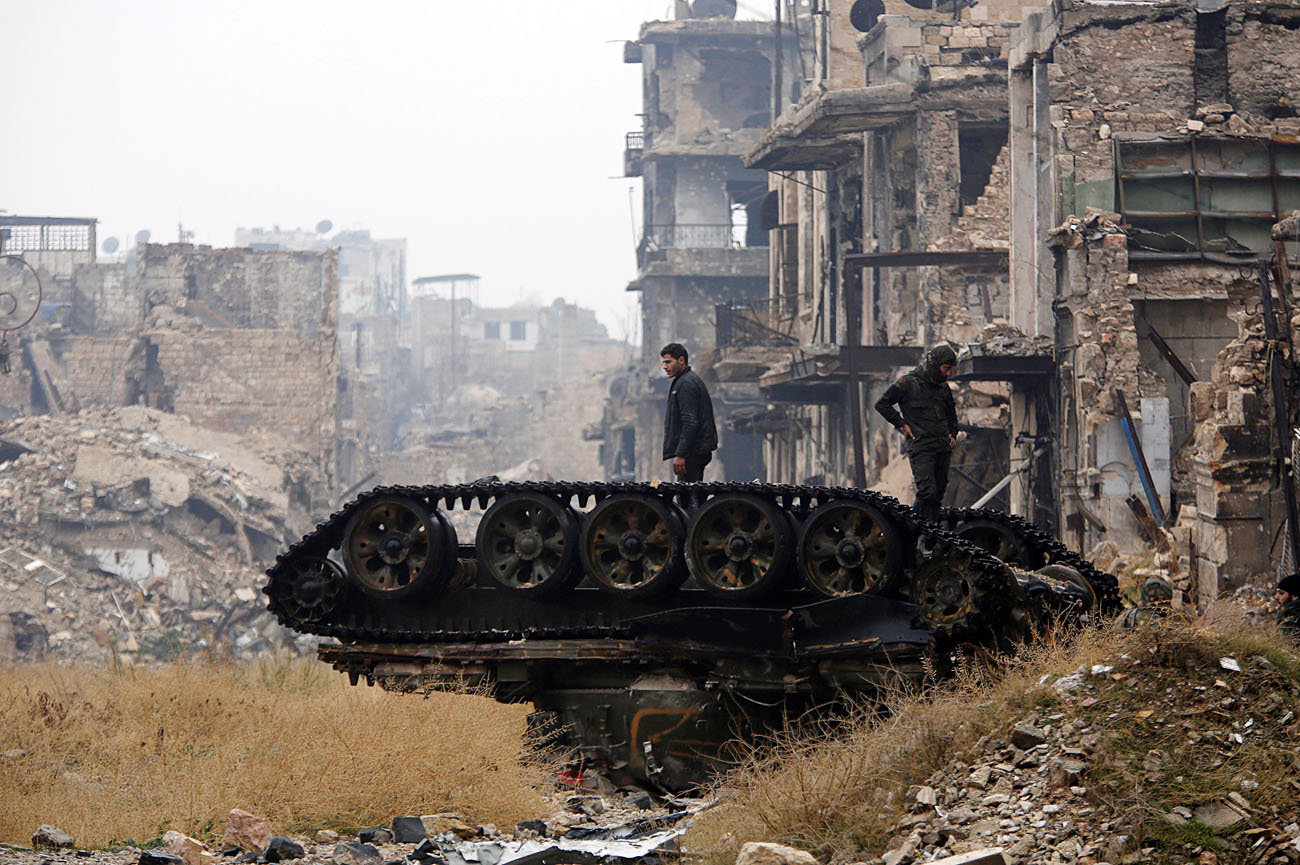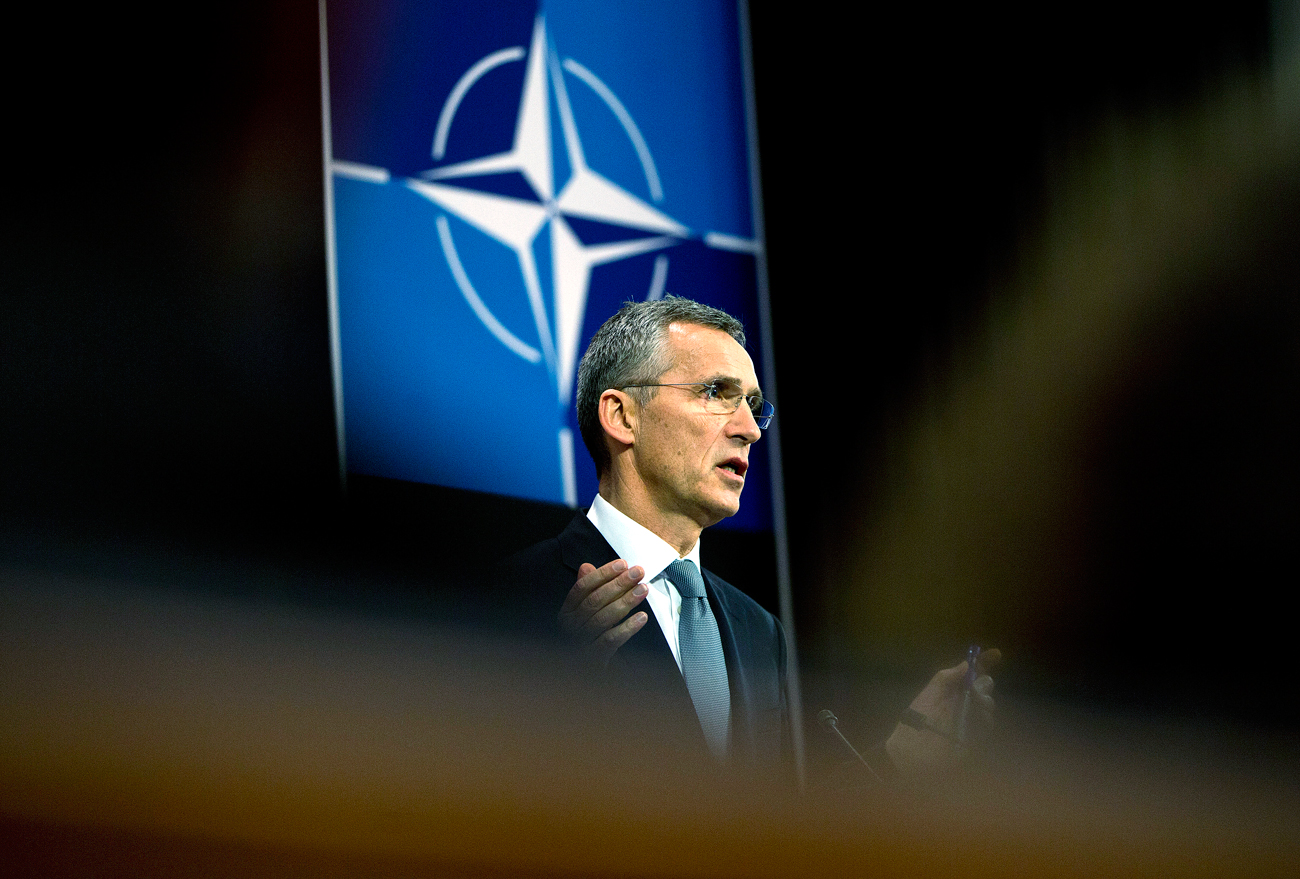What does UN resolution on Aleppo mean for Russia-West relations?

The United Nations Security Council votes on a resolution aimed at ensuring that U.N. officials can monitor evacuations from besieged parts of the Syrian city of Aleppo.
ReutersThe UN Security Council has unanimously adopted a Franco-Russian resolution determining how the humanitarian mission will be conducted in the Syrian city of Aleppo following its recapture from rebels by forces loyal to Syrian leader Bashar al-Assad.
In the words of French Permanent Representative to the UN François Delattre, the project, adopted on Dec. 19, is based on three points:
1. The evacuation of civilians who suffered in the course of fighting in accordance with international humanitarian law;
2. The UN humanitarian mission's full access to the recaptured city;
3. The guarantee of security for medical personnel during their work in Aleppo.
The mission will consist of more than 100 UN employees, as well as representatives of the Red Cross International Committee and the Syrian Red Crescent Society.
At the end of the UN session, U.S. Permanent Representative to the UN Samantha Power said that action must be taken immediately since people in Aleppo are suffering from hunger and cold and many of them have been left with nothing as a result of the conflict.
Who will implement the resolution?
Fyodor Lukyanov, editor-in-chief of Russia in Global Affairs magazine, hailed UN diplomats for finally having been able to agree on solving the humanitarian problem “without any political subtexts” in the document. “The only question that remains is how all these efforts will be realized in practice," he told RBTH.
According to Lukyanov, for now this is the main issue with the resolution: It is unclear who will be responsible for guaranteeing security for the UN mission's workers in Syria.
Vladimir Yevseyev, deputy director of the Institute of CIS Countries, pointed out that for such objectives the organization must prepare a military contingent and hire contractors for the mission.
“Now it seems that all the responsibility for the lives of the UN workers automatically falls on the shoulders of the Russian and Syrian army," said Yevseyev, adding that “provocations from militants” should be expected with the arrival of the new humanitarian mission in Aleppo.
On Sept. 19 a humanitarian convoy carrying food and supplies to the rebel-held suburbs of eastern Aleppo was destroyed by air strikes in an attack that the West blamed on the Russian air force, though Moscow has consistently denied responsibility and later suggested that the rebels were to blame.
Washington accused Syria and its allies of carrying out "indiscriminate" strikes, while non-Russian media around the world, citing unnamed sources in the U.S. government, reported that two Russian Su-24 bombers were in the air at the time and had probably struck the humanitarian convoy.
Will the new resolution reconcile Russia and the West?
Fyodor Lukyanov believes that the agreement in itself will have little effect on relations between Russia and the West and on their potential cooperation in Syria.
"Relations will change along with changes ‘on the ground.’ The organization of the new UN mission in Aleppo was a routine issue. However, it will be easier to adopt humanitarian resolutions now since diplomats still cannot use these subjects to receive military-political advantages in Syria," he said.
What's next?
Experts say that the next target for heavy military activity will be Idlib Province, to which over 30,000 rebels and their families retreated via a humanitarian corridor as Aleppo was retaken by government forces.
"Now it's still not completely clear what should be done with the armed opposition that went to Idlib. Considering that they've taken their families, there are about 100,000 people there now," said Yevseyev.
In his words, the Syrian army, backed by the Russian air force, will begin an advance on that region and will attempt to encircle the rebels, retaking the western part of Aleppo Province, as well as the northern part of Hama and Latakia provinces.
According to Yevseyev, combat activity in this region will last until the summer, after which the Russian and Syrian army will turn to the eastern front – the cities of Raqqa and Deir ez-Zor.
"I hope we will begin active cooperation with the U.S. in this field and the war in Syria will not last longer than a year," he concluded.
Subscribe to get the hand picked best stories every week
All rights reserved by Rossiyskaya Gazeta.
Subscribe
to our newsletter!
Get the week's best stories straight to your inbox

